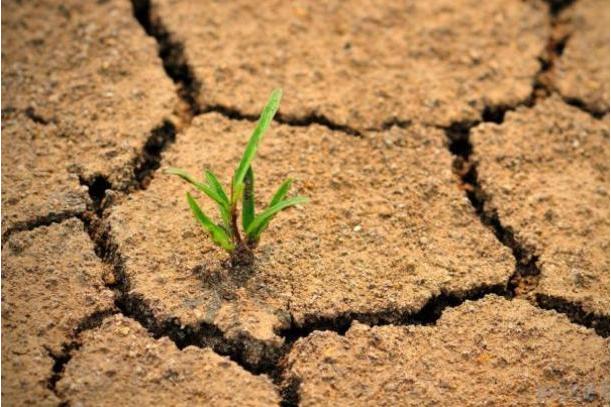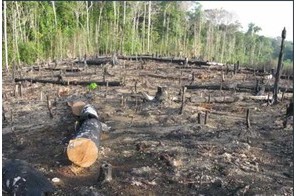2019 was second warmest year on record – EU climate service

Summary
The report also said the last decade (2010-2019) was the warmest since records began.
Data released by the Copernicus Climate Change Service (C3S), the European Union's climate monitoring service, shows that 2019 was the second hottest year on record. According to a statement by C3S on Wednesday, the last decade was the warmest in history.
The climate service said the five warmest years on record have all occurred in the last five years (2015-2019). Earth's temperature over the last five years was 1.1-1.2 degrees Celsius (°C) warmer than pre-industrial times.
According to the records, only 2016 was warmer than 2019, followed by 2017, 2015 and 2018. 2016 was the year global temperatures were boosted 0.12°C by the extreme weather events caused by the El Niño climate cycle. Average temperature in 2019 was only 0.04°C cooler than 2016 level.
"2019 has been another exceptionally warm year, in fact the second warmest globally in our dataset, with many of the individual months breaking records," said Carlo Buontempo, head of C3S. The cimate service also said the atmospheric carbon concentrations continued to rise in 2019, reaching their highest levels on record.
In a report released in January 2019, Berkeley Earth, a non-profit research organisation, had ominously forecast 2019 to be warmer than 2018. “There is up to 50 per cent likelihood that 2019 will become the 2nd warmest year since 1850,” the report said.
The EU climate report said the Earth has seen unprecedented heatwaves and wildfires, accelerated melting of ice caps and glaciers, and carbon dioxide (CO2) emissions reaching their highest levels in three million years. In Europe all seasons were warmer than average, with several countries registering both summer and winter temperature highs. December 2019 was 3.2°C warmer than the 1981-2010 reference period, according to C3S. Last year also saw the most pronounced warming in southern Africa, Australia, Alaska and other parts of the Arctic.
The United Nations Intergovernmental Panel on Climate Change (IPCC) said in a 2018 report that manmade greenhouse gas (GHG) emissions need to reduce by 7.6 per cent each year to 2030 in order to limit temperature rises to 1.5°C by the end of the century.
The global mean temperature is currently at 1.2°C above pre-industrial levels. This level of warming has already led to extreme weather events. The IPCC warned that an additional increase above 1.5°C by the end of the century will significantly worsen the risks of drought, floods, extreme heat and poverty for hundreds of millions of people.
The first week of 2020 has seen climate-related disasters such as the fires ravaging south-eastern Australia and flooding, which has killed dozens of people in Indonesia. Scientists have warned that such catastrophes will become more frequent and more intense as temperatures increase.
Related
-
AfDB hosts crucial meeting of MFI’s to advance environmental and social policies
The AfDB remains committed to climate change and the sustainable development agenda for Africa.
-
Brazil receives $96 million climate fund for reducing deforestation
Brazil reduced over six billion tonnes of tCO2e of emissions from cutting deforestation between 2006 and 2015.
-
Europe and China take the climate reins
The European Union and China have both committed to achieving net-zero carbon dioxide emissions.










